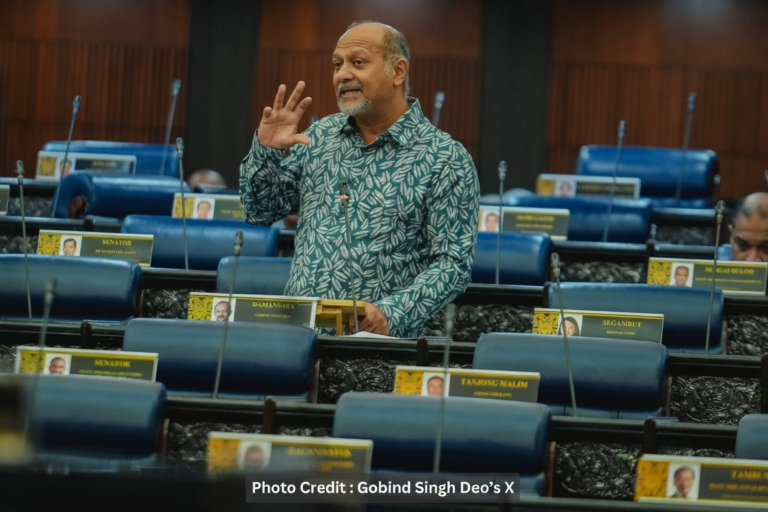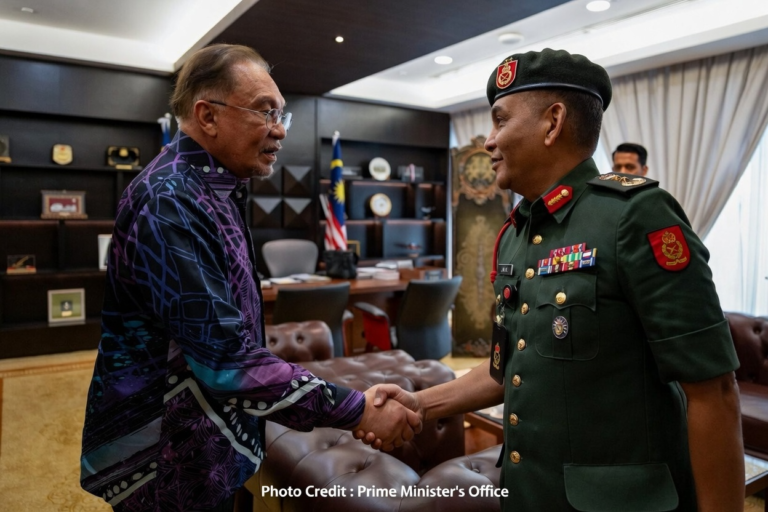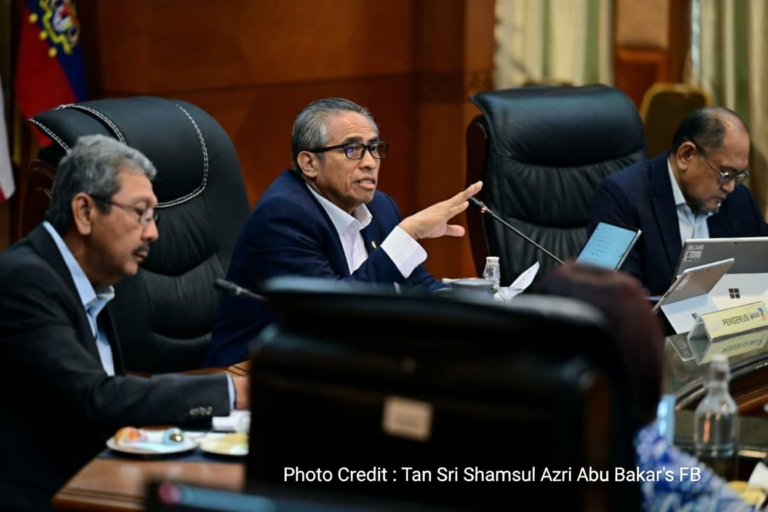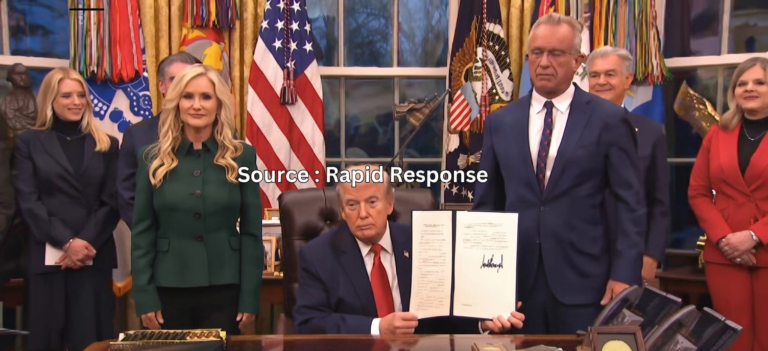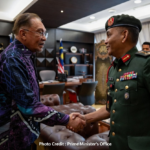
Malaysia watches closely as conflicts spread from Africa to Asia
KUALA LUMPUR, Oct 22 — In a world increasingly shaped by proxy wars and privatized violence, a disturbing new investigation has exposed how foreign mercenaries are exploiting fragile nations torn by civil war. For Malaysians, the revelations strike a familiar chord. Having witnessed Malaysia’s own peace mediation efforts in Myanmar’s crisis, its humanitarian stance on Palestine, and its diplomatic monitoring of border tensions in Thailand and Cambodia, the Sudan case serves as another grim reminder: the machinery of war today is not always operated by armies — but by companies, contractors, and men for hire.
The British newspaper The Guardian published a detailed exposé on October 8, revealing that Colombian mercenaries have been deployed in Sudan’s brutal civil conflict, fighting alongside the Rapid Support Forces (RSF). The report’s most shocking claim: these hired fighters are not only engaging in combat but also training Sudanese children to fight — in defiance of international law and human rights norms.
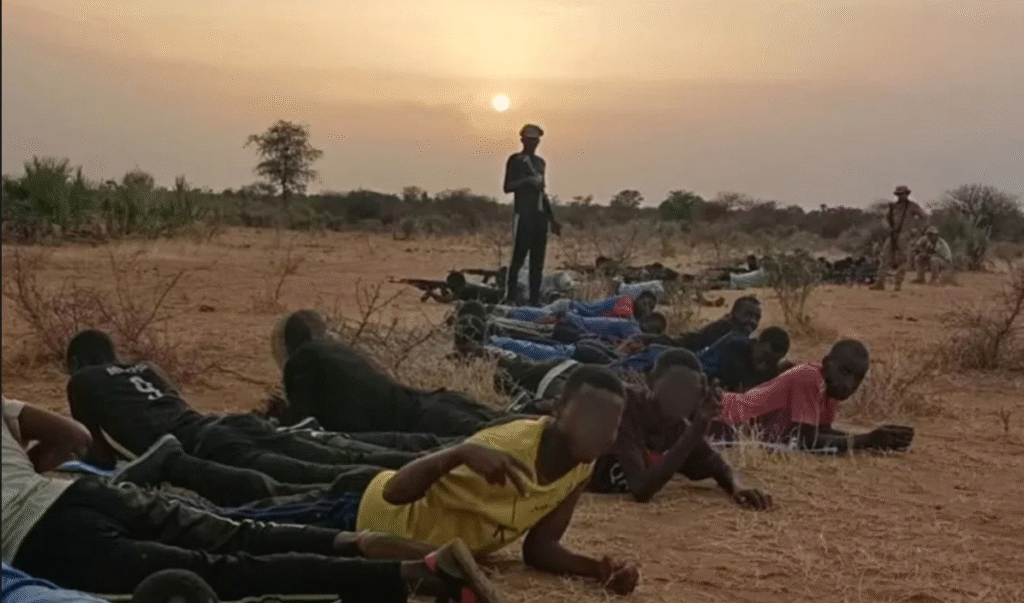
The newspaper’s investigation centered on a former Colombian soldier known by the pseudonym “Carlos.” He told The Guardian that he was among hundreds of ex-combatants recruited from Colombia — veterans of decades-long jungle wars — and flown to Sudan to join the RSF. “At first, the war here moved slowly. Everyone slept at night,” he said. “But soon it changed. We were used to a different kind of fighting. This was chaos.”
Carlos’s testimony revealed that his journey began in Bogotá and passed through Europe and East Africa before reaching Sudan. He described being flown through a private security network, stopping in Ethiopia before arriving in Nyala, a city that has since become a hub for foreign mercenaries. There, he and other Colombians joined RSF operations against the Sudanese Armed Forces (SAF).
According to the report, more than 300 former Colombian soldiers have been contracted to fight in Sudan. Some of them, like Carlos, were veterans of Colombia’s counter-insurgency wars; others were ex-commandos trained by the United States during the height of the drug wars. They were promised high salaries — up to USD 3,000 per month — and told they would be protecting oil facilities. But many later discovered they were being sent to active battlefronts.
The Colombian Ministry of Foreign Affairs has since issued a public apology, acknowledging that its citizens had been recruited into foreign conflicts under false pretenses. Yet the scandal deepened when images emerged from the Zamzam displacement camp in North Darfur — showing children carrying rifles under the supervision of foreign men. The United Nations described the massacre that followed in April as one of the most horrific episodes of the Sudan war.
Carlos confirmed that he took part in the RSF’s siege of El-Fasher, where the group established a 20-mile defensive perimeter and engaged in prolonged firefights. Satellite images and videos later verified the presence of Colombian fighters and even child soldiers among the ranks. “Some were barely teenagers,” Carlos said. “They were scared, but they followed orders.”
The report adds that Colombia’s unique history has made it a global source of mercenaries. After half a century of internal war, thousands of well-trained, unemployed soldiers found themselves lured into the private war market. Many were first deployed in Iraq and Afghanistan under U.S.-linked contractors. Later, some were sent to Yemen, Ukraine, and Haiti.
Sean McFate, an international security expert and author of The Modern Mercenary, told The Guardian that “Colombia has become one of the world’s largest exporters of hired guns.” He added that mercenaries offer governments “a loophole in international law — plausible deniability. If they die or are captured, no government has to take responsibility.”
Indeed, Colombia’s “soldiers of fortune” have been sighted in multiple global conflicts. In 2021, 18 Colombian ex-soldiers were arrested for the assassination of Haitian President Jovenel Moïse. Dozens more have fought in Ukraine on both sides of the front. Carlos himself admitted that before arriving in Sudan, he had fought for two years with Ukrainian forces against Russia. “It was hard,” he said. “But Sudan was worse — less discipline, more chaos, more children with guns.”
Colombian President Gustavo Petro denounced this phenomenon as “a trade in men reduced to instruments of death.” He vowed to reform the system that pushes veterans into mercenary work. However, experts point out that Colombia’s military structure is partly to blame: professional soldiers are forced to retire at around age 40, often with meager pensions and no reintegration programs. For many, private security work abroad is their only economic option.
Elizabeth Dickinson, Senior Analyst for Colombia at the International Crisis Group, told The Guardian that recruitment now extends even to active-duty soldiers. “These private defense companies are targeting entire units in remote regions,” she said. “They promise high salaries through encrypted WhatsApp messages — thousands of dollars a month. It’s an irresistible offer.”
McFate agreed, noting that such privatization of warfare undermines global accountability. “We’re witnessing the industrialization of conflict,” he said. “Governments outsource violence to private actors — and those actors answer to no one.”
Carlos eventually left Sudan due to salary disputes, but he confirmed that more Colombians continue to arrive. “This is not an honorable job,” he admitted. “It’s not legal either. But for many of us, it’s survival. You fight where there’s money.”
For Malaysia — a nation that has built its regional reputation on peace facilitation and humanitarian diplomacy — the revelations from Sudan echo broader concerns about the moral erosion of modern warfare. From the Rohingya refugee tragedy in Myanmar to the suffering in Gaza, and most recently the Thai-Cambodian border tensions, the same truth resounds: when war becomes a business, human lives — especially children’s — become its cheapest currency.
In an era when mercenaries move faster than diplomacy, and profit eclipses principle, Malaysia’s enduring message in international forums gains renewed urgency: peace cannot be privatized.






